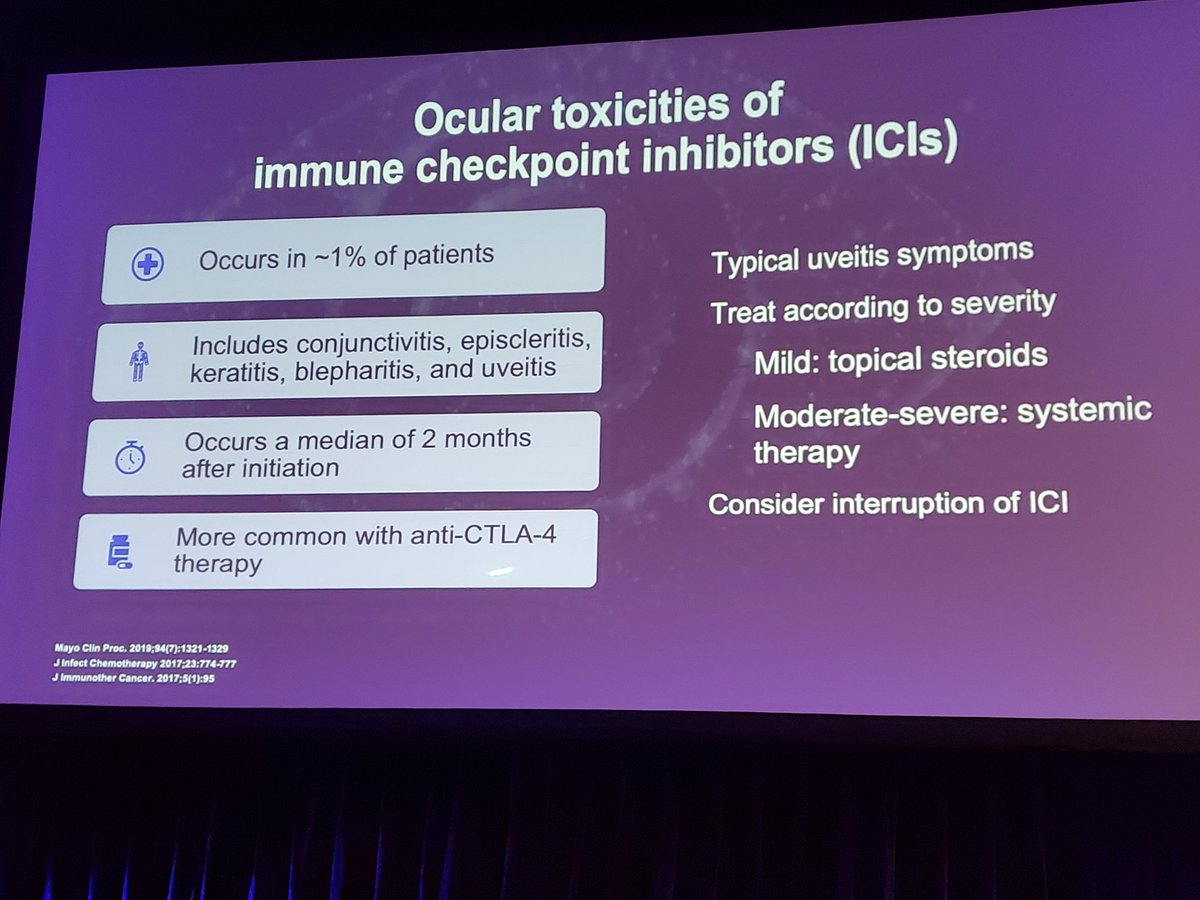All News
Alcohols Net Zero Effect in Rheumatoid Arthritis
A report from The National Databank for Rheumatic Disease addressed the impact of alcohol on disease activity and mortality in rheumatoid arthritis (RA) and found that alcohol use was not associated with changes in disease activity or mortality, after addressing confounders.
Read ArticleOvermedication of America
Recent research from the Lown Institute reports that 750 older Americans are hospitalized daily because of serious side effects from and the core problem is that of polypharmacy, especially in the elderly.
Read ArticleHypersensitivity Reactions and Gout Tx: Watch the Dose
Both allopurinol and febuxostat (Uloric) were associated with an increased risk of hypersensitivity reactions among new users of these urate-lowering therapies, a large U.S. study found.
Read ArticleBimekizumab Effective in Active Psoriatic Arthritis
Interleukin 17 IIL-17) is important in the pathogenesis of psoriatic disease, with most current approaches targeting IL-17A. Now there is a noveal approach showing that dual neutralisation of IL-17A and IL-17F in psoriatic arthritis arthritis patients results in clinically significant improvement.
Read ArticleDMARD Inertia by Registry Rheumatologists
A registry study of metric use (primarily RAPID3 and CDAI) in the treatment of rheumatoid arthritis (RA) patients shows that, even in the face of moderate or high disease activity, treatment changes by rheumatologists were relatively low (35.6–54.6%).
Read Article

Dr. John Cush RheumNow ( View Tweet)

Links:
Dr. John Cush RheumNow ( View Tweet)

Dr. John Cush RheumNow ( View Tweet)

Dr. John Cush RheumNow ( View Tweet)

Large UK database looked at 1281 Behcet Dz pts - prevalence of BD was 14.61 per 100k. BD was at increased risk of ischaemic heart disease [aHR 3.09), venous thrombosis [aHR 4.80] and mortality [aHR 1.40] iVS 5K controls. https://t.co/FghxE6bAZ0
Dr. John Cush RheumNow ( View Tweet)

Dr. John Cush RheumNow ( View Tweet)

Dr. John Cush RheumNow ( View Tweet)

Links:

Dr. John Cush RheumNow ( View Tweet)

Dr. John Cush RheumNow ( View Tweet)

Links:
Dr. John Cush RheumNow ( View Tweet)

Links:
Dr. John Cush RheumNow ( View Tweet)

Dr. John Cush RheumNow ( View Tweet)

NEJM NEJM ( View Tweet)








